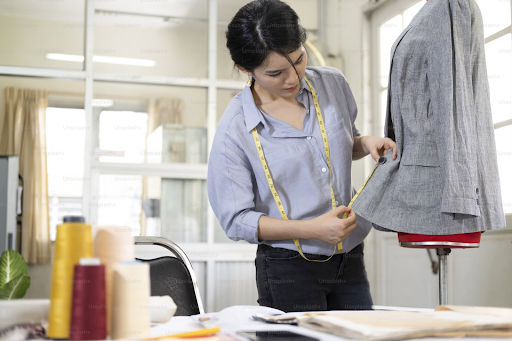The Australian weather isn’t perfect. Neither it is always pleasant. While it could be scorching hot at one point in time, it would be freezing cold at another. And sometimes, rain and thunderstorms can cause havoc. And such extreme weather conditions can cause serious damage to even the most durable outdoor umbrellas.
While most heavy duty commercial umbrellas might be designed to resist a variety of weather conditions, leaving them outside all year round isn’t advisable.
Typically, you must fold and store away a café outdoor umbrella or a beach umbrella when it’s not in use. This way, you can take care of the product and ensure that it lasts long.
Read on to know what you should be doing with your umbrellas, especially during the winter months…
Fabric: Canopies made of outdoor fabrics are generally moisture and mildew resistant. Additionally, the fabric is also fade-resistant. But overexposure to the sun and moisture can cause damage to the material. With the fabric becoming fragile, it becomes susceptible to wear and tear.
There are also other reasons why it’s a good practice to close and store away the umbrella if you are not using it:
- High winds can flip or blow away an open umbrella
- Outdoor umbrella that isn’t secured properly can become hazardous
- The umbrella’s colour can fade quickly if it’s exposed to the sun continuously
- The heavy duty commercial umbrella might not last long due to the wear and tear it sustains on account of being left open all year round
What will happen if I leave the umbrella open during winter months?
Experts say that you should pack off your umbrellas when the temperatures start to dip. We, too, agree with them because:
- Frame: It’s true that the metal frames of umbrellas made of aluminium, fibreglass and steel are strong and malleable. But cold weather can cause the metal to contract. And, subsequently, it could snap easily.
- Rust: The snow and moisture can make the metal components rusty over the years
- Damp: Snow and ice can accumulate on the fabric, making it damp and dirty
- Mold and mildew: With the umbrella being exposed to snow during winter months, there is a chance that mold and mildew can grow on the canopy. This will only cause the colour to fade.
Can I leave the outdoor umbrella out in the rain?
Again, we reiterate that if you are not using an outdoor umbrella as a shelter from the rain, then it’s better to not leave it open. Strong winds along with the rain can damage the arms of the canopy while the metal may rust and the fabric might become stained.
Often you might be taking shelter under your beach umbrella if it rains suddenly. However, if you don’t dry the umbrella properly, mold and mildew might also degrade the fabric and corrode the metal.
Storing the umbrella
Proper storage is crucial to keep the umbrella well-protected and in good shape.
Squeaky clean: Your umbrella may have gathered debris and dirt during the summer season. So you must clean it before storing it away. Sweep away dirt, twigs, leaves, and any other debris on the fabric. But you must be careful to clean it gently.
A good way of cleaning the umbrella is by removing it from the stand and laying it open on its side. Then you can thoroughly wash the fabric with warm, soapy water.
Dry and dandy: Once you wash the umbrella, it should look as good as new. Wipe it gently and leave the outdoor umbrella open to dry thoroughly. Do not make the mistake of closing the umbrella right away. It might lead to moisture build-up that can eventually damage the fabric. The damp moisture can also cause an unpleasant odour once you open the umbrella again. Choose a warm, sunny day to clean and dry the umbrella.
Wrap-up: Once everything is clean and dry, you can close the umbrella. But do not forget to tightly secure it in a cover. Just as outdoor furniture often comes with covers, umbrellas also have a protective cover of their own. If the manufacturer didn’t provide a cover, you can tightly wrap the umbrella in a large sheet of plastic. But make sure that the plastic is larger than the size of the umbrella. As an additional precautionary measure, you can tape the sides to keep the umbrella in place once the cover is secure. The plastic will protect the material on the canopy from mold and mildew during the winter.
Storage: Find a dry location to store your heavy duty commercial umbrella in the winter months. A secure garage, attic, or basement can do the job for you. The idea is to avoid spaces where dampness and wet weather might creep in.
Conclusion
Taking care of your outdoor umbrellas will ensure that your investment will last longer. A few important steps of maintenance, including closing your umbrella when it’s not in use and cleaning off the debris that gathers on the fabric, can prolong the durability of the umbrella as well. And we are sure that after reading the blog, you will never leave your umbrella open all year round.





